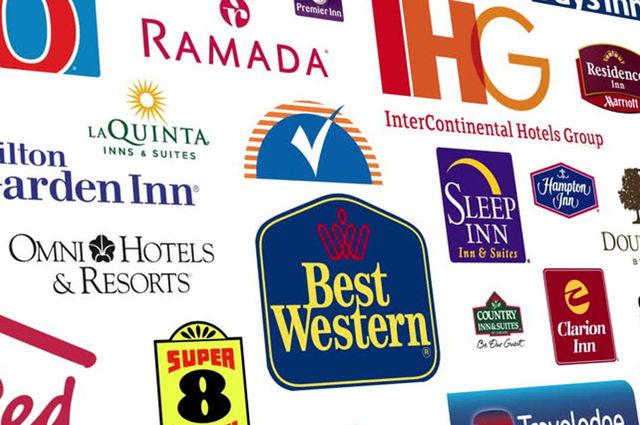Are brands becoming relevant again?
11 experts shared their view
Traditionally hotel brands largest added value has been distribution. A hotel got branded and was quite rapidly connected to a massive flow of reservations, on all the channels that existed. It helped guests search, travel agents book and hotels get filled. But that distribution function has largely been replaced by OTAs. So much so that, a few years ago the CEO of a large European Owning company publicly questioned why he should keep his hotels branded instead of going independent.
Today with brands adding new sub-brands every year it becomes unclear what a brand really is. But at the same time, the market is growing and they are making more revenue so it seems like the market accepts the new brands. Google has added a brand search functionality into their metasearch product and the conversation has shifted away from "are brands still needed". The millennial generation is supposedly not loyal to brands. Loyalty programs are getting revamped but costs are increasing. So have brands become relevant again? Are we entering a new golden age for the hotel brands?
The rise of OTAs as the primary booking channel for hotels appeared, for a while, to dispense with the need for clear hotel brands. There is no doubt that ensuring your hotel is easily discoverable through the online booking sites is now just as important to sales as your brand. Perhaps because of this there has been a growing trend in the last five years towards smaller, more 'boutique' brands emerging under the umbrella of a larger global hotel chain. But I believe this proliferation of smaller brands is reflective of the move away from a one-size-fits-all approach to hotel sales and is the natural result of the wider choice and ultimately more tailored approach facilitated by the internet.
At Avvio, we have extensive and varied experience in hotel sales and marketing and how it has been and is evolving. I don't believe hotel brands ever stopped being relevant, nor are they likely to. It is just the nature and form the branding takes that changes with customer demand.
Many claim that millennials have less brand loyalty than the generations that preceded them – probably purely because they have so much more choice – but even millennials will opt for a recognised and trusted name in some circumstances, such as when they are in a big and unknown city outside their 'safe' travel zone.
Successful branding for millennials is also more reliant on peer-to-peer marketing rather than traditional advertising. Hotels that foster great guest reviews and encourage guest-generated marketing content are likely to have more impact than those which pay for adverts.
Rather than rely on their brand to bring in sales, hotels need to take a more personalised approach; appealing to potential guests by presenting them with a tailored offering that suits their needs.
With AI technology and complex algorithms tracking customer behaviour online, this is now perfectly achievable. Online booking systems should present customers with the deals and packages curated to their specific wishes.
This doesn't dispense with the need for a strong and attractive brand, but it means companies can no longer rely on their branding to do the work for them.


